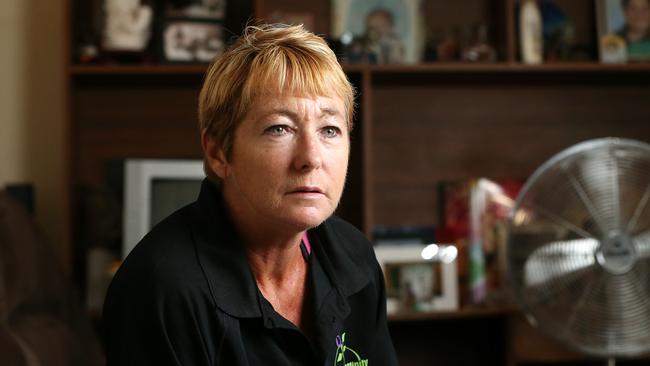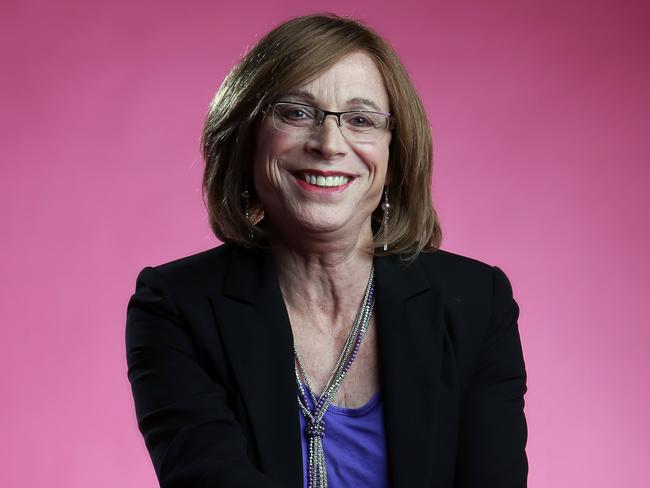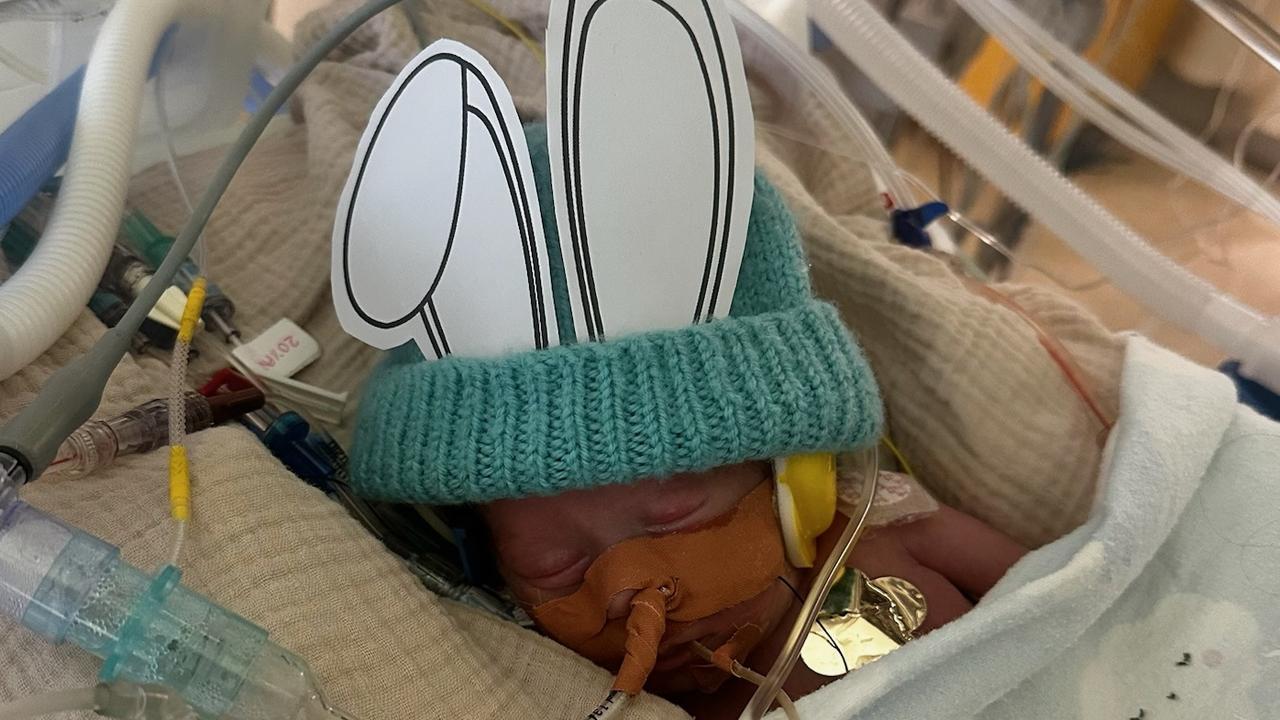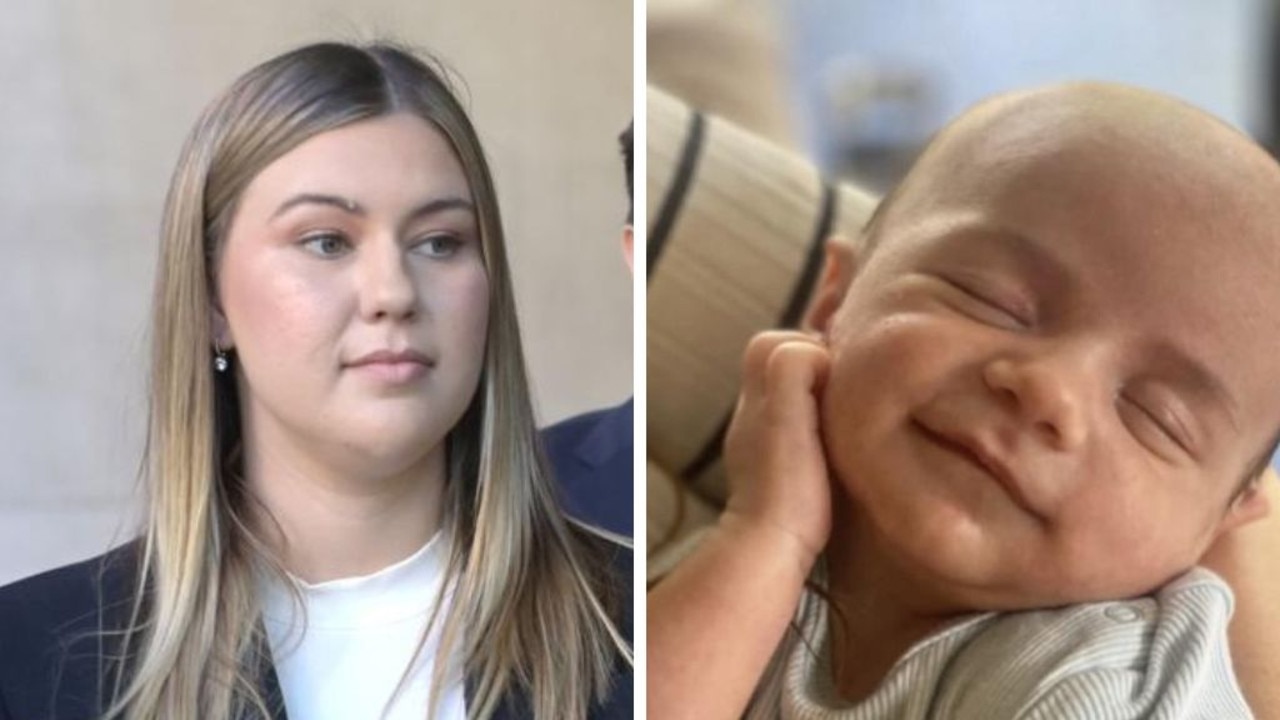Mothers sent to prison should be allowed to care for their babies in jail to prevent emotional damage
MOTHERS sent to prison should be allowed to care for their babies in jail to prevent emotional damage and stop the rise of a new generation of criminals, prisoners and women’s advocates say. | VOTE NOW

Parenting
Don't miss out on the headlines from Parenting. Followed categories will be added to My News.
MOTHERS sent to prison should be allowed to care for their babies in jail to prevent emotional damage and stop the rise of a new generation of criminals, prisoners and women’s advocates say.
The District Court has been asked to show mercy to drug trafficker Soraya Louise Constant, who faces a maximum 25 years’ jail, because imprisonment would separate her from her child.

Barrister Heather Stokes told the District Court that, under Correctional Services Department rules, Constant would only see the 15-month-old twice a week for just 3 ¼ hours.
She said she was concerned about the emotional and psychological wellbeing of the baby, given research about the effects of separating an infant from its mother between the ages of 0 and 3 years.
In Victoria, NSW, Queensland and WA, children are allowed to live with their imprisoned mothers until they turn five if the prisoners meet eligibility criteria.
But advocate Linda Fisk, who gave birth to two of her four children while incarcerated in the Adelaide Women’s Prison, said babies in SA were often removed from their jailed mothers within 24 hours of birth.
“It happens quite often; much too often for my liking, ” she said. “What we are creating is another stolen generation.
“The (women) that I have spoken to, it has damaged their life. They are devastated, they are crushed. The ones who have lost their children to the Guardianship of the Minister are lost. They feel they have failed as a mother, that they are a horrible person.”
Ms Fisk, chairwoman of the SA women’s prisoner support group, Seeds of Affinity, said prisoners want to raise their children in jail and the current policy was doing damage to mother and child that could not be undone.
“The first three years of life are the most important between mother and child,” she said. “Take a child away from its mother and that child learns not to trust. If you don’t form a strong mother bond attachment, then you can’t form good relationships with people in your life and relationships are very important.”
Ms Fisk said she had repeatedly lobbied former Correctional Services Minister Tony Piccolo and Correctional Services Department boss David Brown, but to no avail.
“They say they do not have the environment to have children in (prison). Then my argument is you do not have the environment to put pregnant women in (jail),” she said.
Ms Fisk and Ms Stokes said children taken away from their imprisoned mothers were at high risk of substance abuse and criminal activities.
“Once the child becomes a teenager, they begin using substances to self-medicate, which then perpetuates another criminal cycle and it all starts over again,” Ms Fisk, who served time for drug-related offences and armed robbery, said. “We really have to start thinking more along the lines of: If we’re going to intervene in women’s lives ... are we going to do that in a positive way? Or are we going to do that to create more self-harm?”
Ms Fisk’s youngest son, now aged 19, was born in 1991 and was allowed to stay with her in prison until he was six months old before being removed to foster carers.
He suffered with mental illness during his teenage years.
“The problem is, when you remove a child from its mother, it’s really traumatic, not only for the mother but more importantly for the child,” she said. Ms Stokes said there had to be facilities reinstated in prison for parents to permanently care for their young children. In the District Court she said it was “mystifying” that the issue of separating children from their prisoner mothers hadn’t been addressed.
The department stopped its “mothers and babies program” — allowing children to live on-site until they were three years old — about 10 years ago over issues of cost and space and concerns over toddler health and safety.
A spokeswoman said “every effort” was made to allow primary caregivers to complete sentences in the community through home detention.
The number of women released on home detention increased from 26 in 2013-14 to 50 in 2014-15.
— WITH TIM WILLIAMS


